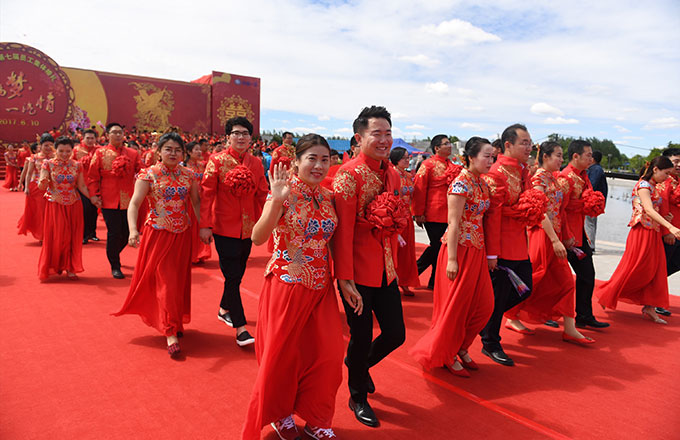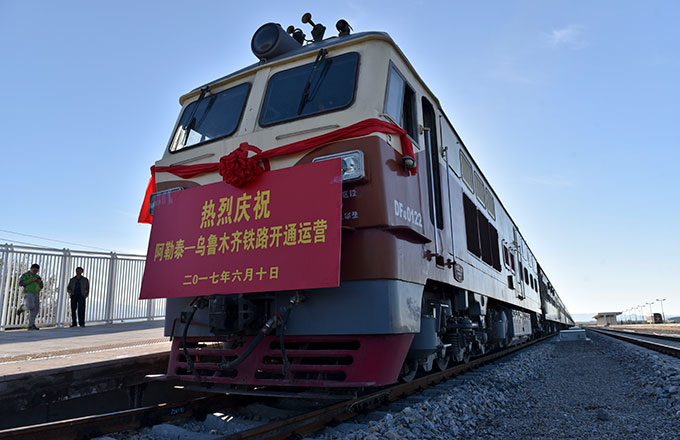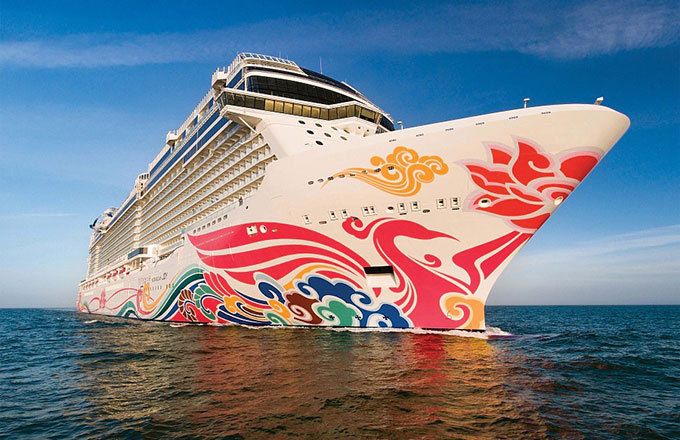The principles of peaceful coexistence have a potentially wide application
October 31, 1984
There are two outstanding issues in the world today. One is the question of peace, the other the relationship between North and South. We find many other problems too, but none of them has the same overall, global, strategic significance as these two. In the present-day world the North is developed and rich while the South is underdeveloped and poor. And relatively speaking, the rich are getting richer and the poor poorer. The South wants to shake off its poverty and backwardness, and the North needs a developed South. For where can the North find a market for its products if the South remains underdeveloped? The biggest problems facing the developed capitalist countries are the pace of their progress and continued development. In this connection, there is another side to South-South cooperation: it can promote North-South cooperation.
The Five Principles of Peaceful Coexistence provide the best way to handle the relations between nations. Other ways -- thinking in terms of "the socialist community", "bloc politics" or "spheres of influence", for example -- lead to conflict, heightening international tensions. Looking at the history of international relations, we find that the Five Principles of Peaceful Coexistence have a potentially wide application.
We could take the idea a step further. These principles could probably help solve some of a country's internal problems as well. The "one country, two systems" model, which we have proposed, in accordance with Chinese realities, to reunify the nation, is likewise an embodiment of peaceful coexistence. To settle the Hong Kong question, we are allowing Hong Kong to keep its capitalist system unchanged for 50 years. The same principle holds true for Taiwan. And since Taiwan is different from Hong Kong, it may also retain its army. In calling for the reunification of China on the basis of the "Three People's Principles", the Taiwan authorities, to say the least, lack a sense of reality. Is it possible to reunify the country by subjecting the mainland, with its one billion people, to the current system in Taiwan, with its population of a dozen million or so? Time and again we have advised the Taiwan authorities to abandon such thinking. A method should be devised by which neither side would swallow up the other. The one billion people on the mainland will continue to build socialism, while Taiwan may go on with its capitalism. Beijing will send no one to Taiwan. Wouldn't that be a case of peaceful coexistence? So the principles of peaceful coexistence provide a good solution not only to international issues, but to domestic problems as well.
The question of Taiwan is the main obstacle to better relations between China and the United States, and it might even develop into a crisis between the two nations. If the "one country, two systems" approach is adopted, not only would China be reunified, but the interests of the United States would remain unimpaired. There is a group of people in the United States today who, carrying on the "Dulles doctrine", regard Taiwan as a U.S. aircraft carrier or as a territory within the U.S. sphere of influence. Once the Taiwan question was solved through peaceful coexistence, the issue would be defused, and these people would shed their illusions accordingly. That would be a very good thing for the peace and stability of the Pacific region and of the rest of the world.
(Excerpt from a talk with President U San Yu of Myanma.)
(From Selected Works of Deng Xiaoping, Volume III <1982-1992>)
- China issues guidelines to develop 'all-for-one' tourism demonstration zones
- Torrential rain triggers disaster in Southwest China
- Harvest time for wheat reapers in Shanxi
- Over 200 couples marry in Changchun group wedding
- Calligraphy tops other icons of Chinese culture, WeChat data shows



















